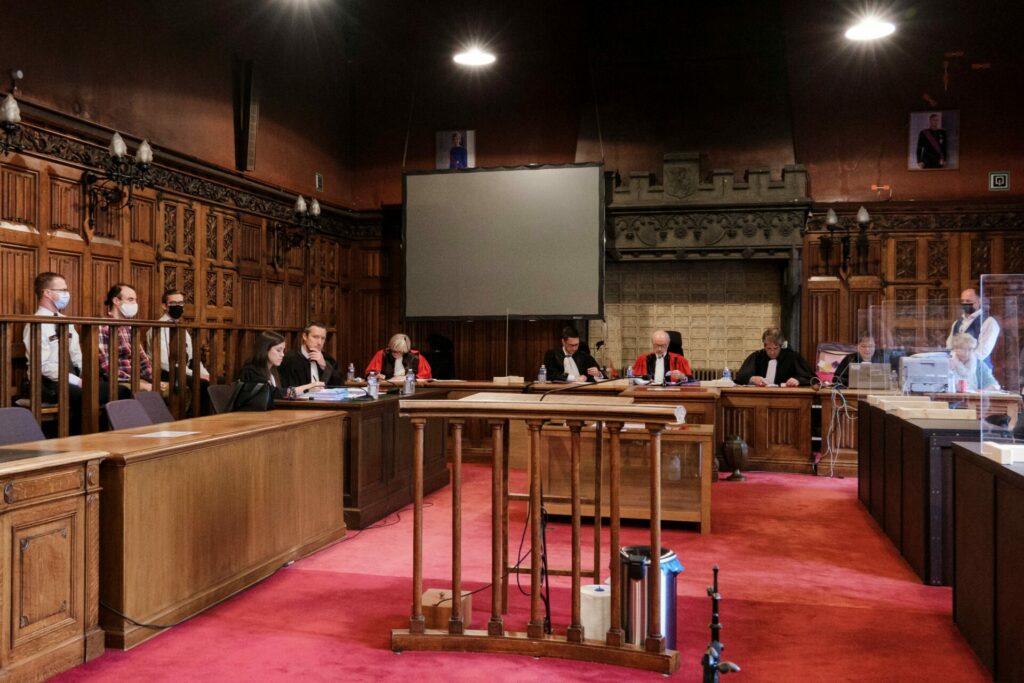In light of the high number of wrongful convictions in the United States (more than 3,000 have been documented) KU Leuven launched a project to find whether Belgium has similar judicial errors. After analysis, researchers found no such cases.
The university project, dubbed 'Benefit of the Doubt', saw Master students from the Law, Criminology and Forensic Sciences programmes assess murder cases that might have resulted in wrongful convictions. The study intended to raise awareness and, if necessary, establish the innocence of those who had been charged.
Whilst researchers had assumed that instances of miscarriages of justice would be comparable to cases in the Netherlands, project supervisor Tamara De Beuf explained that differences in Belgium's legal system make the matter more complex. "Similar numbers are to be expected in Belgium, but the legal system is not completely the same. Unlike the Netherlands, Belgium uses a people's jury for murder cases."
Whilst the US records 3,307 people who have been acquitted for wrongful convictions, De Beuf cites 11 such cases in the Netherlands and 31 in Germany.
Digging through cases
The fact that Belgium has no official record of miscarriages was a starting point for the project. In 2018, the Criminal Cases Review Committee (CHS) was set up as a space where alleged victims of miscarriages of justice can apply to have their cases re-examined.
"But it is not always easy for convicted persons to discover new data themselves or to know that new scientific techniques or insights exist," criminal law professor Frank Verbruggen said, explaining that the project wants to change this.
Just four applications for reviews have been made between 2018 and the start of 2022; three of these were rejected and the last one resulted in another person being convicted of a crime.
KULeuven students have focussed on closed murder cases or files that involve manslaughter as these have never been reviewed. To be selected for the project, both the convict and their lawyer must agree to make the complete case file available.
"We select cases from which students can learn about different mechanisms that can lead to wrongful conviction. These include legal-psychological factors such as the interrogation style, or forensic-technical factors such as DNA analysis or blood-spatter pattern analysis. Tactical choices made in the police investigation are also reviewed," said De Beuf.
Related News
- 16 Antwerp officers found guilty of bullying, but acquitted of racism
- Parents of murdered student continue their quest for justice
At the end of each academic year, students submit a synthesis report and present their findings privately, which the convicted person's lawyer can then decide to use to request a review of the case by the CHS.
Next academic year at KU Leuven, around 12 new students will start working on a criminal case, meaning lawyers, family members of convicted persons or convicted people themselves can, if they believe that a miscarriage of justice has occurred, submit a file.

